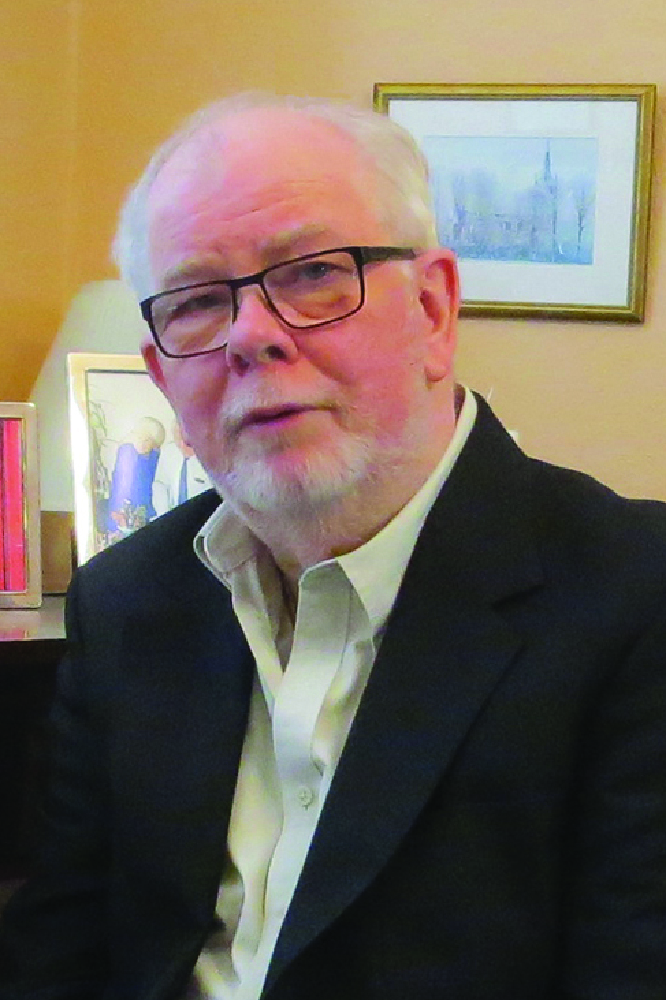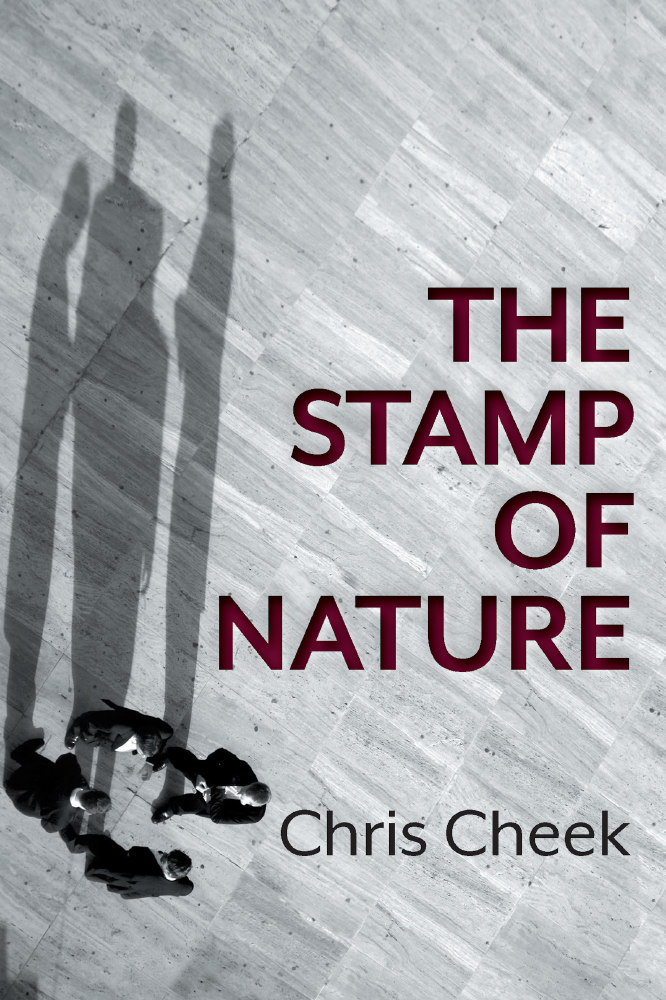Life has changed so much over the last 50 years that it becomes increasingly difficult to recall what life was like for all of us growing up in the 1960s. My new novel, The Stamp of Nature, offers another reminder of this. It tells the story of what it was like for two young men coming to terms with being gay in an era when this risked ostracism or at worst prosecution and imprisonment. The book also explores how unscrupulous people were able to use gay people’s fear of exposure as a weapon to achieve their ends.

Chris Cheek
There are huge differences between our lives then and now. Then, there were no mobile phones, no internet, no music streaming, no DVDs. Watching television was limited to three channels. The list is endless – food, eating out, shopping, clothes, cars, housing, transport – everything has changed, and almost always for the better.
For those of us growing up as gay, particularly gay men, the changes have been even greater. In the UK at least, we have progressed from being criminal outcasts to being citizens with rights: this has improved virtually every aspect of our lives.
At the same time, social attitudes measured by the British Social Attitudes survey[i] have changed radically: in 1983, only 17% of people in the UK thought that sexual relations between two people of the same sex were “not wrong at all” – and this fell to just 11% in 1987 at the height of the AIDS crisis. By 2012, though, the figure was 47%; in 2016 it had risen to 64%.
So how has life changed? Here are ten issues which gay people in the 1960s and 1970s faced where subsequent changes in the law and/or social attitudes have made life so much better:
The legal position: gay men were viewed as criminals until 1967. Couples could not live openly together as any sexual act would render them liable to prosecution and imprisonment. People could not keep address books or write love letters in case these were seized and used in evidence against them.
The 1967 legislation only applied to England and Wales, though, and only to those acts by persons over the age of 21 in private (hotel rooms were specifically excluded). In Scotland, they had to wait until 1980 and Northern Ireland 1982. The Isle of Man was the last part of the British Isles to decriminalise as late as 1994.
Age of consent: from 1967 until 1994, sexual relations with a man under 21 remained illegal. The age was lowered to eighteen in 1994, but the heterosexual age remained at sixteen. Even after the European Court of Human Rights had ruled against this discrimination in 1998, it took another four years to persuade the House of Lords to allow a change.
Getting a joint mortgage to purchase property was impossible until the late 1970s and then only through public sector mortgage providers such as the Greater London Council
Local authorities and other landlords did not recognise same-sex joint tenancies, so one partner could be evicted on the death of the other partner if the house had been in the deceased’s name
There was no employment protection, so people who came out or were identified as gay could be (and were) fired because of their orientation
Shops and businesses were free to discriminate against gay couples in the provision of services (for example refusing them double rooms in hotels and guest houses)
Same sex partners were not recognised as next of kin until the introduction of Civil Partnerships. In the event of illness or sudden death, the partner had no legal standing and could be excluded from hospital visits and denied information. They could even be excluded from a funeral by family members who disapproved of or did not recognise the relationship
Inheritance rights were not automatic between partners and had to be spelt out carefully in wills.
Gay pubs and clubs were the targets of police raids and arrests, frequently on trumped up charges. Customers could also be the target of “queerbashers” who would assault them as they left.
Magazines and books about gay issues were frequently seized. Publishers and vendors were prosecuted under the Obscene Publications Act or for the common law offence of “conspiracy to corrupt public morals” – this used to block gay contact ads in magazines in the late 1960s and early 1970s.
We’ve come a long way over the last few years, but more work remains to be done to change attitudes amongst some groups in the UK and particularly in other parts of the world. We should never take the progress for granted either - attitudes can change rapidly in these days of social media – in both directions!

You can read more about The Stamp of Nature on Chris’s web site at http://www.chrischeek.me/content/index.php/publishing/28-the-stamp-of-nature
[i] National Centre for Social Research: see http://www.bsa.natcen.ac.uk

